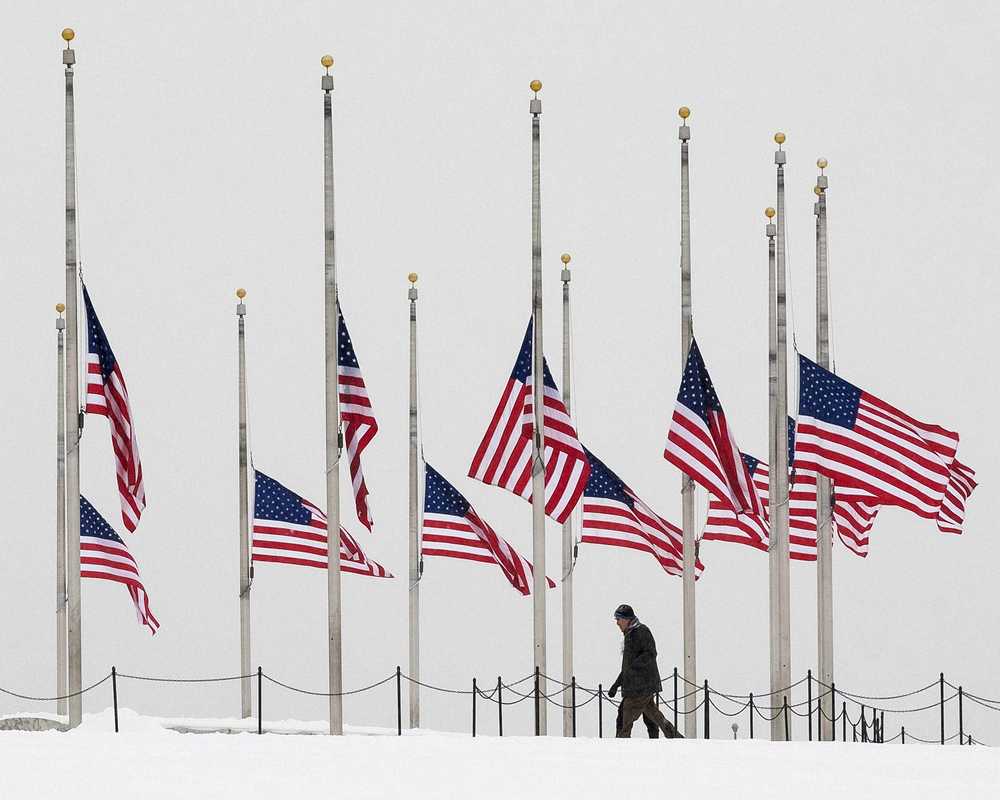WASHINGTON — The Supreme Court abhors even numbers. But that’s just what the court will have to deal with, perhaps for many months, after the death of Justice Antonin Scalia. Eight justices will decide what to do, creating the prospect of 4-4 ties.
Here are some questions and answers about the prospects of filling the vacancy left by the death of its conservative icon and longest-serving justice and its effect on the court:
Q: What happens when Obama makes a nomination?
Any nominee would first face the Senate Judiciary Committee, which would hold confirmation hearings and then vote on whether to send the selection to the full Senate. An Obama nominee would have a hard time even getting a favorable vote to get out of the committee, where Republicans hold an 11-9 edge. Some of the fiercest foes of the president serve on the panel, including GOP presidential candidate Ted Cruz of Texas, Jeff Sessions of Alabama, David Vitter of Louisiana and Mike Lee of Utah. The committee chairman, Sen. Chuck Grassley, R-Iowa, said within hours of Scalia’s death on Saturday that Obama’s successor should select the next justice.
Q: What if the nominee did emerge from the committee?
The decision then rests with the full Senate, where Republicans are in the majority 54-46 and Majority Leader Mitch McConnell, R-Ky., wasted no time on Saturday making clear that “this vacancy should not be filled until we have a new president.” Further complicating the prospects for approval is Cruz, who has vowed to filibuster any Obama nominee. That means it would take 60 votes to break a GOP filibuster. Obama’s allies would need 14 Republicans to break ranks and move ahead on the nomination. The 2012 and 2014 elections left just a handful of moderate Republicans who might vote for an Obama pick. Of those still in the Senate, only Susan Collins, R-Maine, and Lindsey Graham, R-S.C., voted for Obama’s two other Supreme Court choices, Elena Kagan and Sonia Sotomayor.
Q. What happens to cases in which Scalia cast a vote or drafted an opinion, but no decision has been publicly announced?
A. It may sound harsh, but Scalia’s votes and draft opinions in pending cases no longer matter. Veteran Supreme Court lawyer Roy Englert says that “the vote of a deceased justice does not count.” Nothing is final at the court until it is released publicly and, while it is rare, justices have flipped their votes and the outcomes in some cases.
Q. What happens if there is a tie?
A. The justices have two options. They can vote to hear the case a second time when a new colleague joins them or they can hand down a one-sentence opinion that upholds the result reached in the lower court without setting a nationwide rule. When confirmation of a new justice is expected to happen quickly, re-argument is more likely. In this political environment, the vacancy could last into 2017.
Q. How does Scalia’s death affect specific cases?
A. It deprives conservatives of a key vote and probably will derail some anticipated conservative victories in major Supreme Court cases, including one in which labor unions appeared headed for a big defeat. Next month’s Supreme Court clash over contraceptives, religious liberty and President Barack Obama’s health care law also now seems more likely to favor the Obama administration.
Q. What other pending cases could be affected?
A. A challenge to the way governments have drawn electoral districts for 50 years now appears to have little chance of finding a court majority. The court heard arguments in December in a case from Texas on the meaning of the principle of “one person, one vote,” which the court has said requires that political districts be roughly equal in population.
But it has left open the question of whether states must count all residents, including noncitizens and children, or only eligible voters in drawing district lines.
Q. Are there cases in which a tie would be a loss for the Obama administration?
A. The administration’s plan to shield up to 5 million people from deportation was struck down by lower courts and a Supreme Court tie would leave that ruling in place. On abortion, the administration is backing a challenge to Texas’ strict new regulations for abortion clinics. A federal appeals court upheld the regulations.

